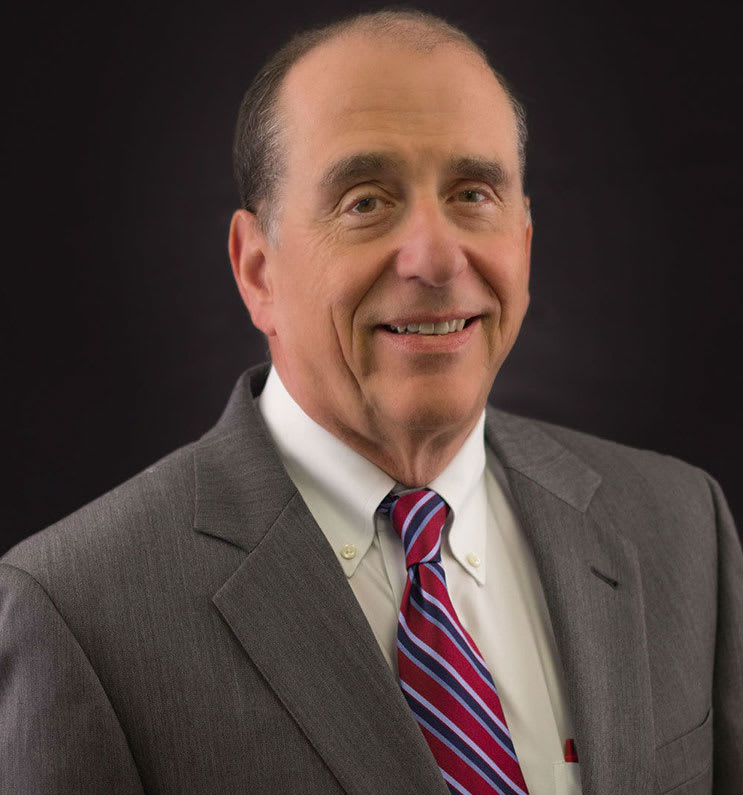
Joel N. Kreizman
Partner
732-568-8363 jkreizman@sh-law.comFirm Insights
Author: Joel N. Kreizman
Date: February 22, 2013

Partner
732-568-8363 jkreizman@sh-law.comWhen a public figure brings a defamation lawsuit, he is required to prove that the defendant acted with actual malice, meaning he must present evidence that the defendant knew his statement to be false or that he had serious doubts as to the statement’s veracity. The public figure’s burden is meant to be difficult; it is not, however, meant to be impossible.
If a recent ruling by the Judge Panel of the Appellate Division represents the state of the law, then the chances of a public figure succeeding in a defamation case are about nil. In that case, Schneider v. Unger, (App. Div. Jan. 10, 2013), the Mayor of Long Branch sued his electoral opponents, who had accused him of taking bribes from Solomon Dwek. The defendants argued they relied on Dwek’s testimony in Federal Court as the basis for their assertions. It was a case in which Dwek was a government witness as the agent provocateur in a sting against officials from towns that did not include Long Branch. Neither Schneider or his attorneys, thus, had the opportunity to cross-examine.
The mere existence of that under oath testimony, according to the Appellate Panel, was a sufficient basis to dismiss Mayor Schneider’s claims.
Yet, while the standard for considering whether actual malice exists, i.e., what the defendant knew or believed when he made the allegedly defamatory statement, is subjective, courts have created objective criteria for making that determination. As the Supreme Court observed in Durando v. The Nutley Sun, 209 N.J. 235 (2012):
Although the actual malice standard is difficult to meet, a plaintiff will satisfy that standard – despite an editor’s professions of good faith – if he can show a story was “fabricated by the defendant, is the product of his imagination, or is based wholly on an unverified anonymous telephone call. St. Amant [v. Thompson, 390 U.S. 727] at 732. Likewise, a publisher will not prevail when his allegations are so inherently improbable that only a reckless man would have put them in circulation or when “there are obvious reasons to doubt the veracity of an informant or the accuracy of his reports. (Emphasis added).
Solomon Dwek is someone who had lied to numerous investors while he pilfered their funds, had forged documents at will and whose skill at prevarication led the government to use him in misleading targeted officials. If ever there were “obvious reasons to doubt the veracity of an informant or the accuracy of his reports,” it was presented in the Schneider case.
Yet the Appellate Division never considered Dwek’s well known history, incredibly relying on Dwek’s under oath allegations as the basis to affirm the Trial Court’s grant of summary judgment to the defendants.
No Aspect of the advertisement has been approved by the Supreme Court. Results may vary depending on your particular facts and legal circumstances.

Breach of contract disputes are the most common type of business litigation. Therefore, nearly all New York and New Jersey businesses will likely have to deal with a contract dispute at least once. Understanding when to file a breach of contract lawsuit and how long you have to sue for breach of contract is essential […]
Author: Brittany P. Tarabour

Closing your business can be a difficult and challenging task. For corporations, the process includes formal approval of the dissolution, winding up operations, resolving tax liabilities, and filing all required paperwork. Whether you need to understand how to dissolve a corporation in New York or New Jersey, it’s imperative to take all of the proper […]
Author: Christopher D. Warren

Commercial leases can take a variety of forms, which is often confusing for both landlords and tenants. Understanding the different types, especially the gross lease structure, is important when selecting the lease that best suits your needs. One key distinction between lease types is how rent is calculated and paid. This article addresses the two […]
Author: Robert L. Baker, Jr.

Over the past year, brick-and-mortar stores have closed their doors at a record pace. Fluctuating consumer preferences, the rise of online shopping platforms, and ongoing economic uncertainty continue to put pressure on the retail industry. When a retailer seeks bankruptcy protection, a myriad of other businesses are often impacted. Whether you are a supplier, customer, […]
Author: Brian D. Spector

Since his inauguration two months ago, Donald Trump’s administration and the Congress it controls have indicated important upcoming policy changes. These changes will impact financial services policies and priorities. The changes will particularly affect cryptocurrency, as well as banking rules and regulations. Key Regulatory Changes in Cryptocurrency For example, in the burgeoning cryptocurrency business environment, […]
Author: Dan Brecher

The retail sector has experienced a wave of bankruptcy filings over the last year. Brick-and-mortar businesses in financial distress include big-name brands like Big Lots, Party City, The Container Store, and Vitamin Shoppe. When large retailers seek bankruptcy protection, they are not the only businesses impacted. Landlords can be particularly hard hit. While commercial landlords […]
Author: Brian D. Spector
No Aspect of the advertisement has been approved by the Supreme Court. Results may vary depending on your particular facts and legal circumstances.
Consider subscribing to our Firm Insights mailing list by clicking the button below so you can keep up to date with the firm`s latest articles covering various legal topics.
Stay informed and inspired with the latest updates, insights, and events from Scarinci Hollenbeck. Our resource library provides valuable content across a range of categories to keep you connected and ahead of the curve.
Let`s get in touch!

Sign up to get the latest from the Scarinci Hollenbeck, LLC attorneys!